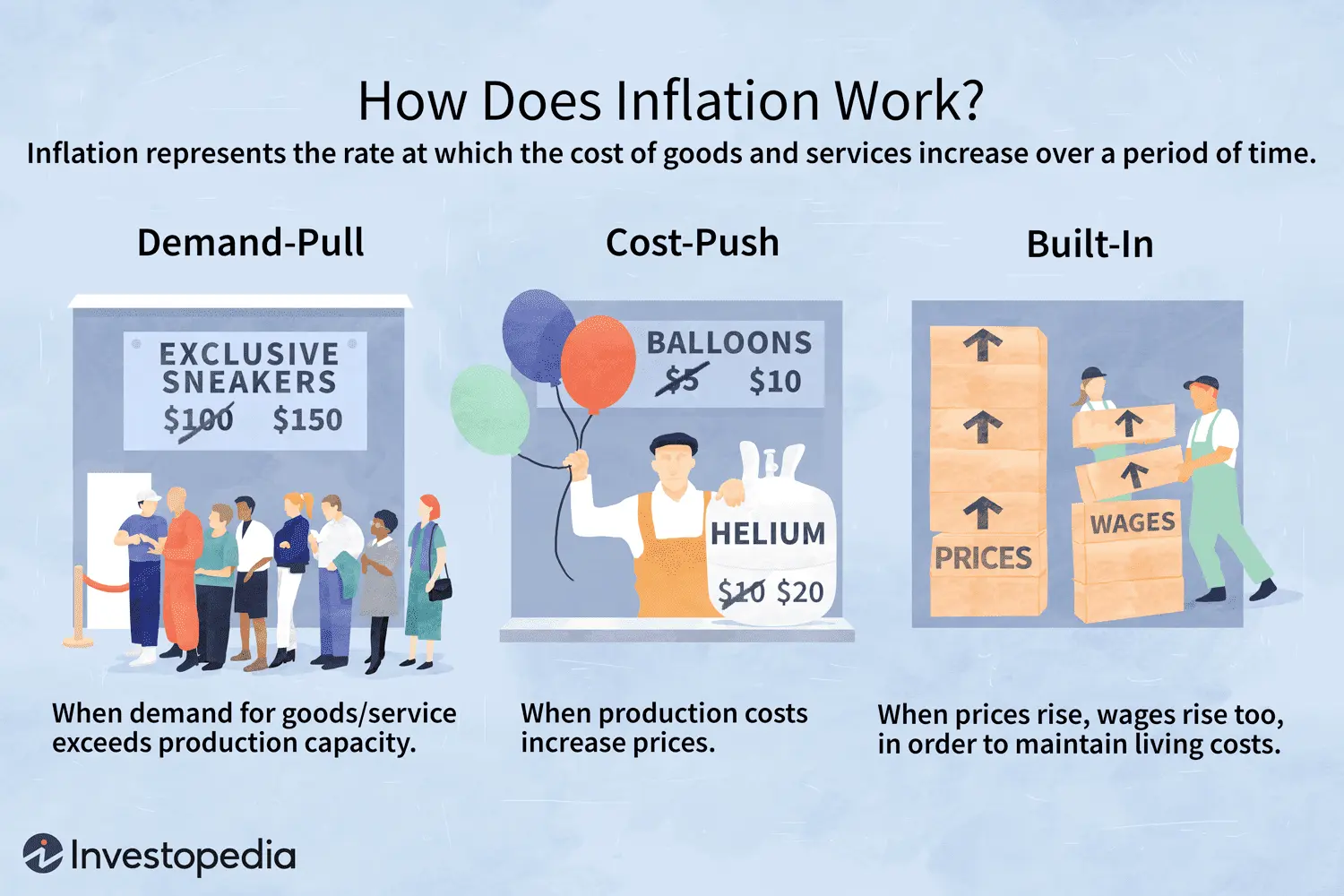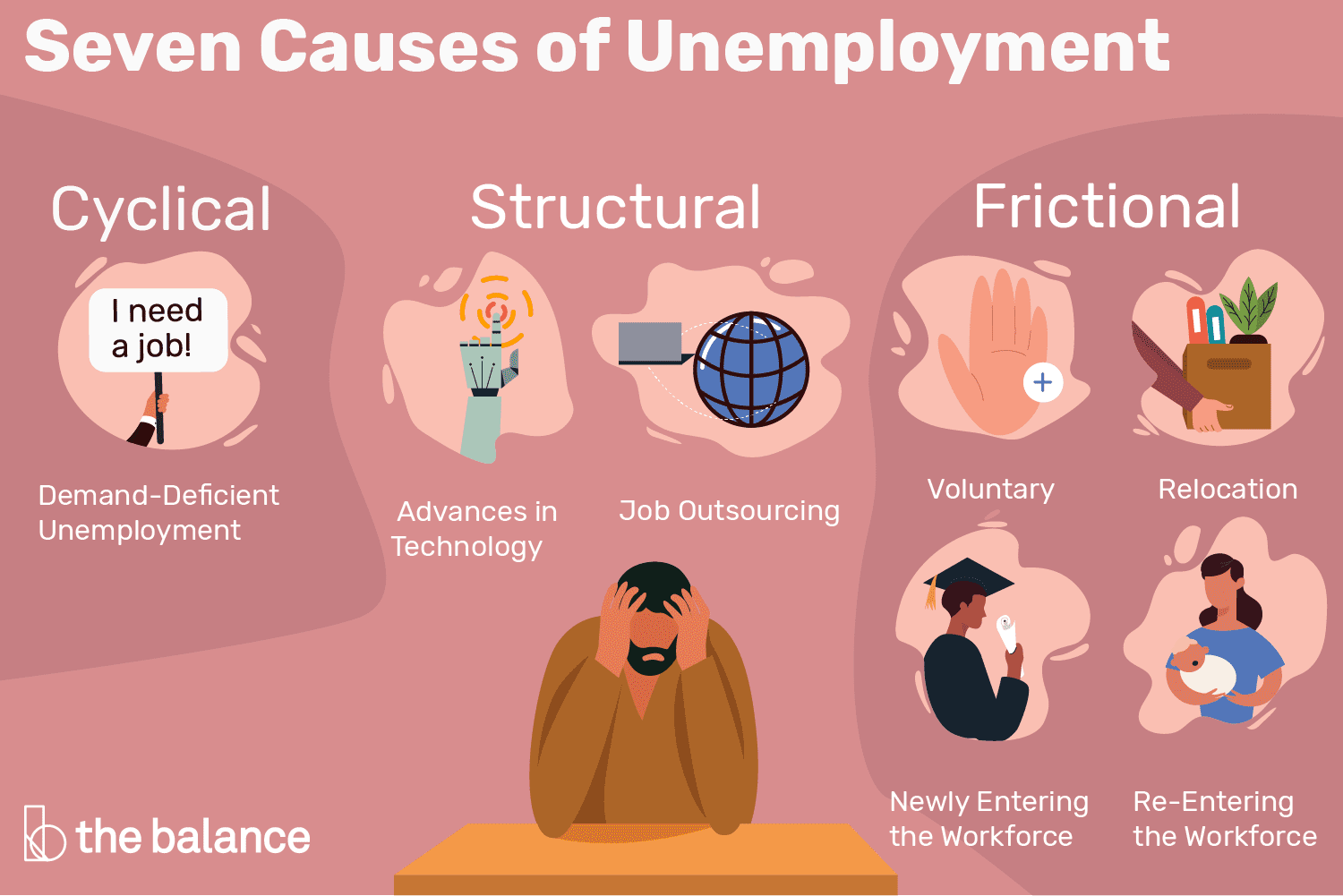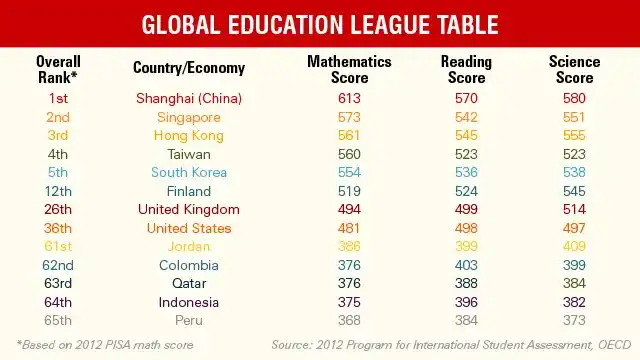How Artificial Intelligence is Transforming Healthcare
Mia Wilson

Photo: How Artificial Intelligence is Transforming Healthcare
The healthcare industry is experiencing a profound transformation, and at the heart of this revolution is Artificial Intelligence (AI). This cutting-edge technology is reshaping the way healthcare is delivered, making it more efficient, accurate, and accessible. From improving patient outcomes to streamlining administrative tasks, AI is a game-changer for healthcare professionals and patients alike. In this article, we'll delve into the fascinating world of AI in healthcare, exploring its impact, applications, and the benefits it brings to this vital sector.
The Rise of AI in Healthcare: A Technological Revolution
Artificial Intelligence is no longer a futuristic concept it's a reality that is already making significant contributions to healthcare. The integration of AI into healthcare systems is a natural progression, as the industry generates vast amounts of data that can be leveraged to improve patient care and operational efficiency. AI's ability to analyze and interpret complex data sets has opened up new possibilities for healthcare providers.
Data-Driven Decisions: AI algorithms can process and interpret medical data, including patient records, diagnostic images, and research findings, at unprecedented speeds. This enables healthcare professionals to make more informed decisions, leading to improved diagnostics and treatment plans.
Precision Medicine: AI facilitates the development of personalized treatment plans by analyzing individual patient data, genetic information, and medical history. This approach, known as precision medicine, ensures that treatments are tailored to each patient's unique needs, increasing the likelihood of positive outcomes.
Early Disease Detection: AI-powered diagnostic tools can detect diseases at their earliest stages, even before symptoms manifest. This is particularly valuable for conditions like cancer, where early detection significantly improves survival rates.
AI Applications in Healthcare: A Comprehensive Overview
Clinical Decision Support
AI-powered clinical decision support systems assist healthcare providers in making accurate diagnoses and treatment recommendations. These systems analyze patient data, medical research, and clinical guidelines to provide evidence-based suggestions. By reducing diagnostic errors and improving treatment choices, AI enhances patient safety and outcomes.
Diagnostic Accuracy and Speed
AI algorithms are revolutionizing medical imaging analysis and diagnostics. Machine learning models can detect patterns in medical images, such as X-rays, MRIs, and CT scans, with remarkable accuracy. This leads to faster and more precise diagnoses, especially in fields like radiology and dermatology. For instance, AI can identify tumors, fractures, and other abnormalities in imaging data, assisting radiologists in their assessments.
Personalized Patient Care
AI enables the creation of personalized healthcare plans based on individual patient profiles. By analyzing genetic data, medical history, and lifestyle factors, AI algorithms can predict disease risks and suggest preventive measures. This proactive approach to healthcare can lead to better patient outcomes and reduced healthcare costs.
Streamlining Administrative Tasks
The administrative side of healthcare also benefits significantly from AI integration. AI-powered systems can automate repetitive and time-consuming tasks, such as:
Medical Coding and Billing: AI can automate the coding and billing processes, reducing errors and speeding up reimbursement.
Patient Data Management: AI algorithms can organize and structure patient data, making it easier for healthcare providers to access and analyze patient records.
Appointment Scheduling: AI-powered chatbots and virtual assistants can handle patient inquiries and schedule appointments, improving efficiency and patient satisfaction.
Enhancing Patient Engagement
AI is not just for healthcare professionals it also plays a pivotal role in patient engagement and education:
Virtual Health Assistants: AI-powered virtual assistants can provide patients with personalized health advice, reminders, and support, enhancing patient adherence to treatment plans.
Remote Monitoring: Wearable devices and remote monitoring systems, powered by AI, can track patients' vital signs and health metrics, enabling early intervention and reducing hospital readmissions.
Ethical Considerations and Challenges
While AI in healthcare offers immense potential, it also presents ethical and practical challenges:
Data Privacy and Security: The vast amounts of sensitive patient data used by AI systems must be protected to ensure patient privacy and security.
Algorithmic Bias: AI algorithms are only as good as the data they are trained on. Bias in training data can lead to biased outcomes, affecting certain demographics.
Job Displacement: As AI automates various tasks, concerns arise about potential job losses for healthcare professionals. However, many experts believe AI will create new roles and enhance existing ones.
Conclusion: A Bright Future for AI in Healthcare
Artificial Intelligence is not just a trend in healthcare it is a powerful tool that is here to stay and evolve. The benefits of AI in healthcare are undeniable, from improving patient care to streamlining administrative processes. As AI technology advances, we can expect even more innovative applications, such as advanced robotic surgery, predictive analytics for disease outbreaks, and highly personalized treatment plans.
However, the healthcare industry must navigate the ethical and practical challenges associated with AI implementation. Ensuring data privacy, addressing algorithmic biases, and adapting healthcare education to include AI literacy are essential steps. By embracing AI responsibly, healthcare providers can unlock its full potential, leading to a future where healthcare is more efficient, accessible, and patient-centric.
In conclusion, Artificial Intelligence is a transformative force in healthcare, offering exciting possibilities for improved patient care and operational efficiency. As the technology matures, the healthcare industry must continue to explore and adopt AI solutions while addressing the associated challenges to ensure a brighter, healthier future for all.
For You
View AllExplore the meaning of inflation, its causes, and how it impacts your finances. Stay informed about the economy today!
Mia Wilson
Dive into the main causes of unemployment and how they affect the economy. Learn more about this critical issue!
Mia Wilson
Explore the essential nutrients for a balanced diet and enhance your nutrition today! Click to learn more.
Mia Wilson
Explore the US education ranking globally, factors influencing its position, and what it means for the future. Get insights now!
Mia Wilson
Explore the steps to becoming a special education teacher and making a difference in students’ lives. Start today!
Mia Wilson
Learn about different motorcycle engine types and how they impact performance, efficiency, and riding experience. Explore now!
Mia Wilson
Health


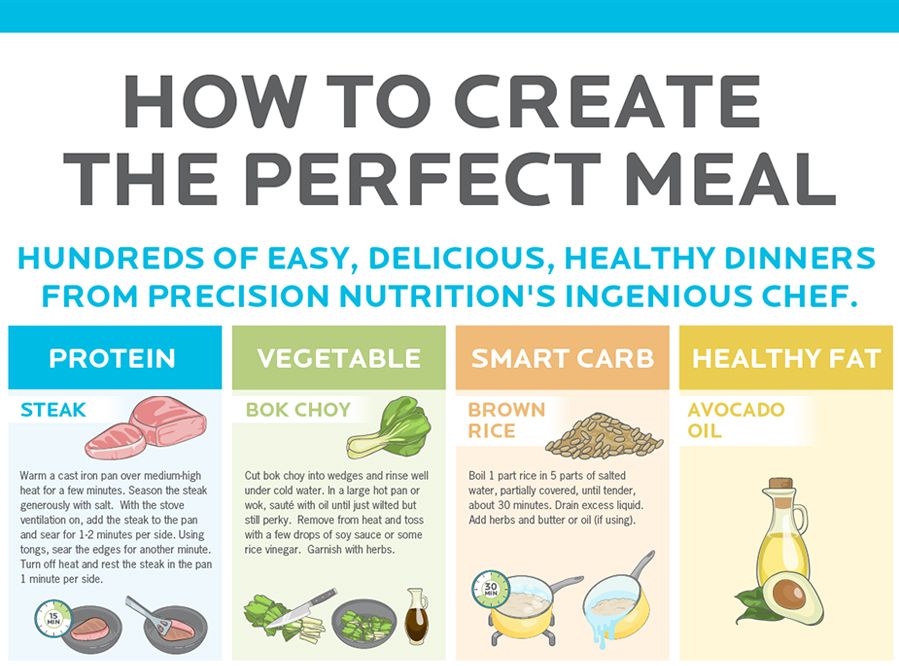
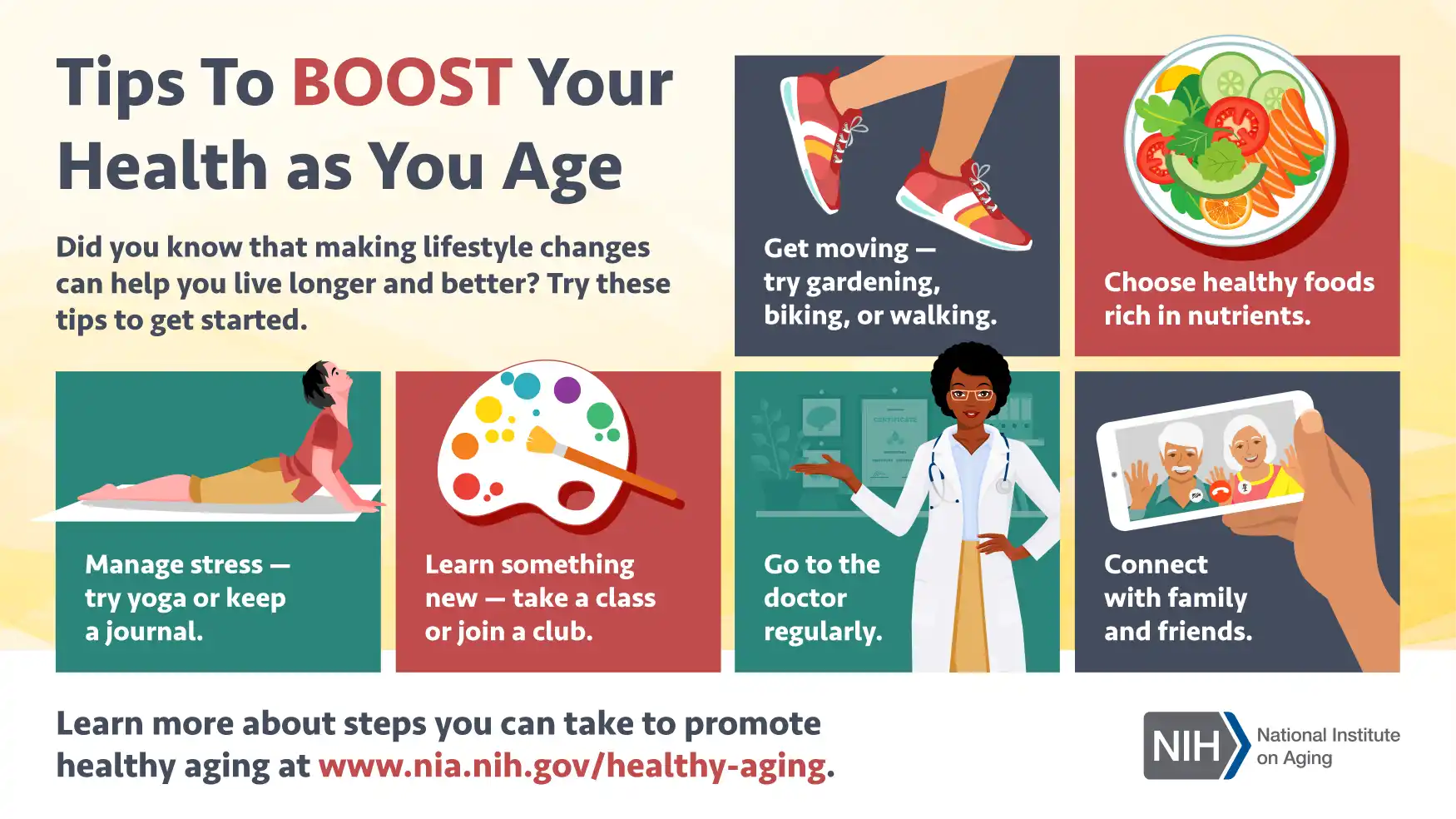
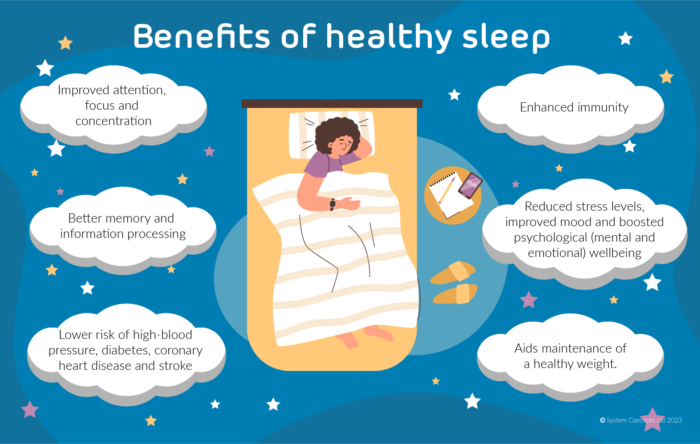



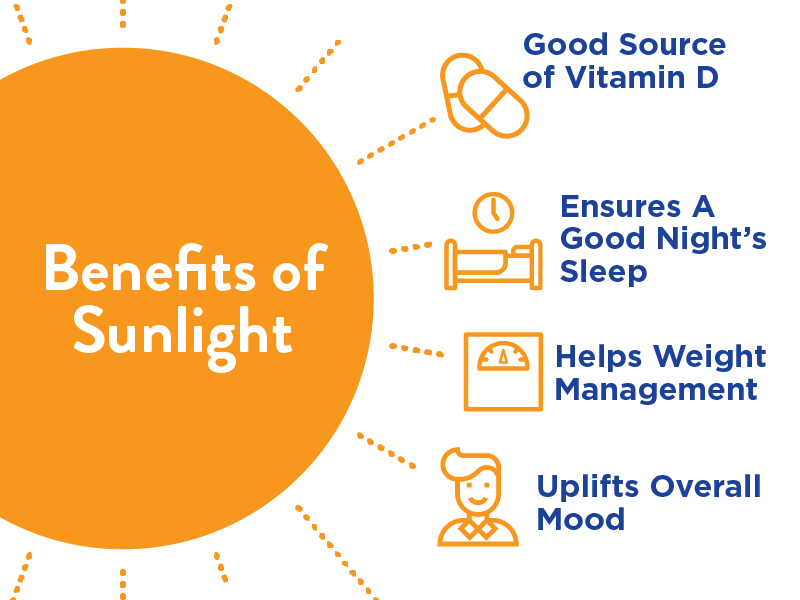

Education
View All
May 20, 2025
What Is Philosophy of Education?
Dive into the philosophy of education, its principles, and how it shapes teaching and learning. Explore its impact today!
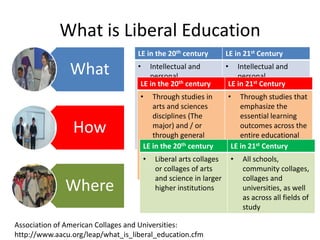
May 4, 2025
What Is Liberal Education? Explained!
Discover what liberal education is, its benefits, and how it fosters critical thinking and lifelong learning. Learn more now!
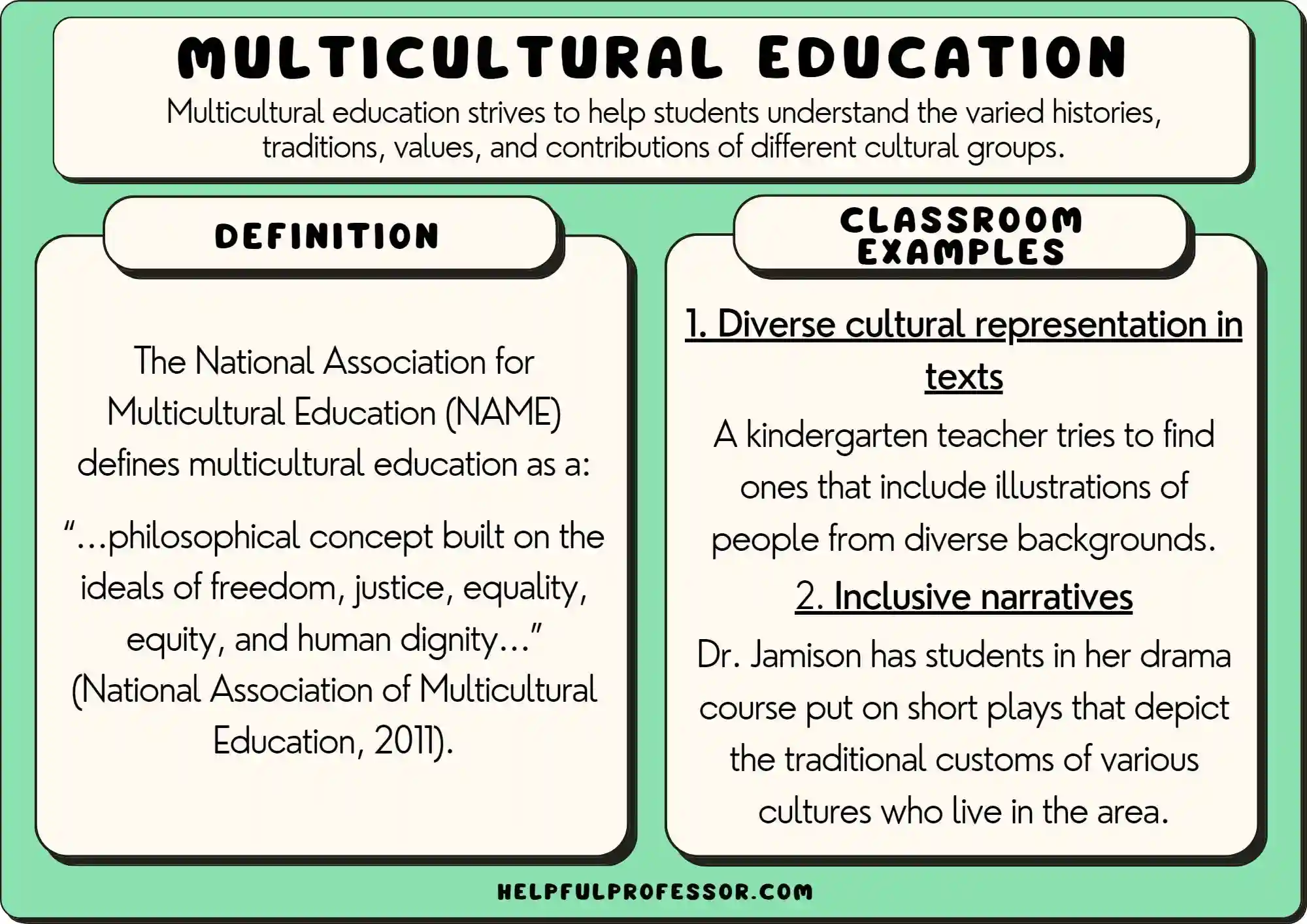
April 29, 2025
What Is Multicultural Education?
Dive into multicultural education and how it promotes diversity, inclusion, and equity in classrooms. Learn now!
